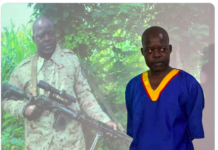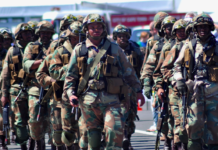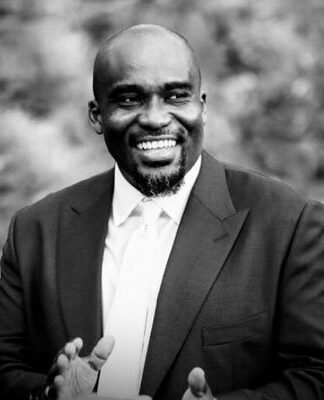(Reuters) – Tanzanian President Jakaya Kikwete said on Friday relations with Rwanda had soured because of his efforts to bring peace to neighboring Democratic Republic of Congo.
In his monthly address to the nation, Kikwete said Tanzania nevertheless wanted to continue its historically positive relations with Rwanda while working to bring peace to Congo.
Tanzania leads a newly deployed U.N. intervention brigade in Congo’s eastern region where M23 rebels, a group of mostly Tutsi fighters widely believed to be backed by Rwanda, have been fighting the Congolese army and other rebel groups.
Rwanda denies backing the insurgency and has alleged that commanders of the special U.N. force with a mandate to neutralize armed groups such as M23 have met Rwandan Hutu FDLR rebels camped in eastern Congo’s borderlands.
On May 26 Kikwete said all the countries involved in the Congo peace talks, including Rwanda, should talk to all the rebel groups, a comment that drew fierce criticism from Kigali where negotiating with FDLR rebels is seen as unacceptable.
“Our relations appear to have been shaken following my advice to the Rwandan government to seek dialogue with their enemies,” Kikwete said on Friday.
“I would like to assure our brothers and sisters in Rwanda that nothing has changed nor diminished from us in our relations and cooperation,” he said.
After Kikwete’s speech in May, Rwandan Foreign Minister Louise Mushikiwabo was quoted by Radio France Internationale (RFI) suggesting Kikwete could be an FDLR sympathizer and was adamant that Rwanda would not negotiate with people it considers responsible for the 1994 genocide against Tutsis.
Kikwete said he had been a target of insults and ridicule from Rwandan leaders, while also hearing a lot of “alleged plots” against Tanzania and himself. He did not elaborate.
“I would like to reiterate that neither I nor my government have any conflict nor any ill intentions towards Rwanda,” he said.
A 17,000-strong U.N. force, known as MONUSCO, and Congo troops have struggled over the past decade to stem a conflict involving dozens of armed groups and complicated by national and ethnic rivalries. A new 3,000-member U.N. Intervention Brigade was recently deployed to fight and disarm rebels in the east.






























































